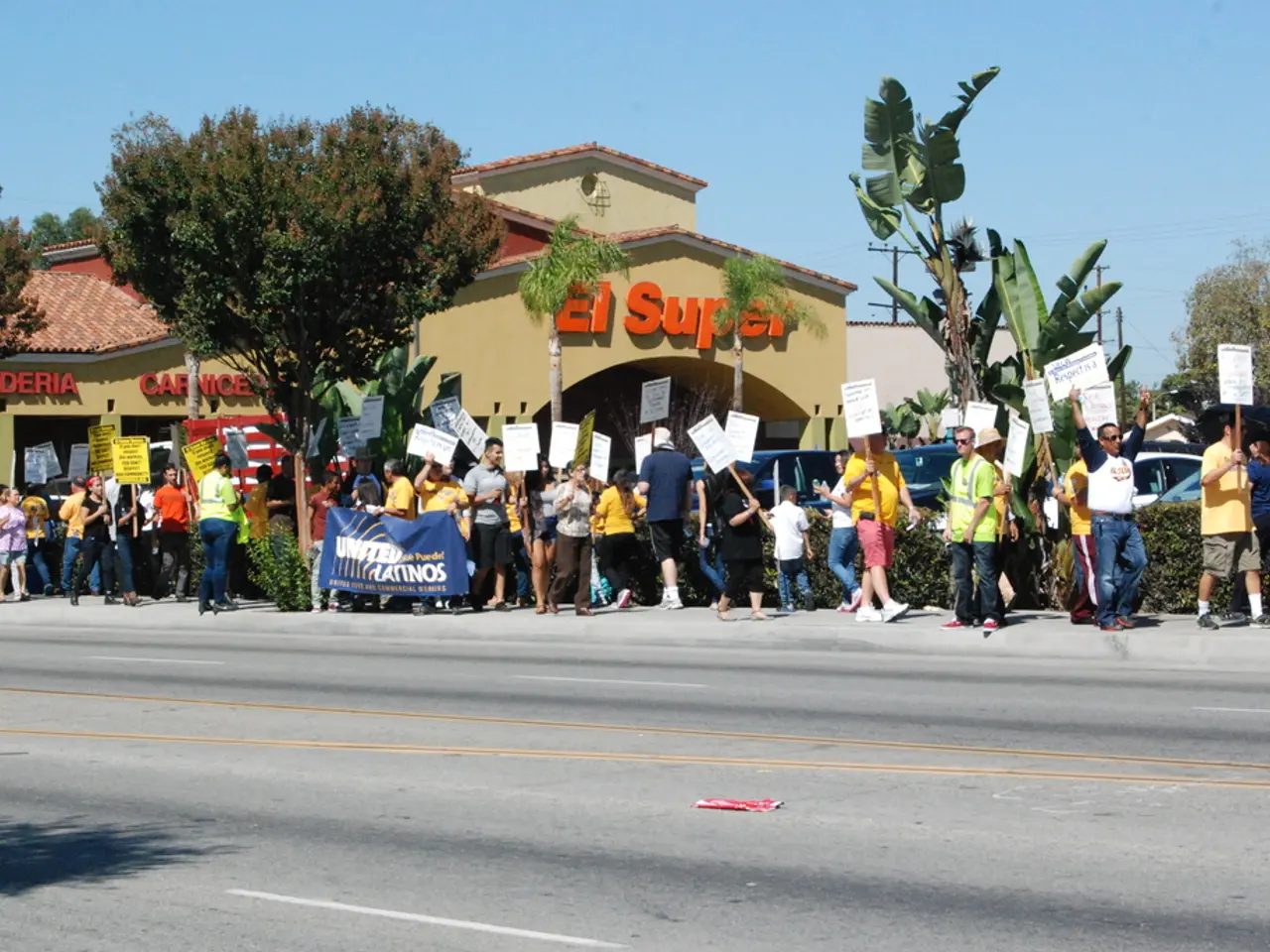EU commits substantial funds in the form of financial assistance to Tunisia
In a recent meeting in Tunisia, EU Commission President Ursula von der Leyen, along with Tunisian President Kais Saied, Italy's post-fascist Prime Minister Giorgia Meloni, and the right-leaning Dutch Prime Minister Mark Rutte, discussed a comprehensive migration policy. The emphasis was on respect for human rights, as the EU hopes that this aid will enable Tunisia to more effectively combat human smuggling and migration across the Mediterranean.
However, aid agencies have raised concerns about the human rights situation for refugees in Tunisia. Sub-Saharan migrants face widespread abuses and precarious conditions, with reports of refoulement by proxy, violence, arbitrary detention, and denial of humanitarian aid. These issues have been documented by various organisations, including the EU Ombudsman, Human Rights Watch, and Médecins Sans Frontières.
One particularly concerning practice is the desert expulsion of migrant groups, including pregnant women and children, by Tunisian security forces near the Algerian and Libyan borders. This exposes migrants to risks of human trafficking, abduction, and sexual violence.
There have also been cases of beatings and rape against migrants, indicating systematic human rights violations. These abuses have drawn concern from the EU Ombudsman, prompting calls for evaluation of agreements such as the Memorandum of Understanding (MoU) between Tunisia and the EU to ensure respect for migrant rights.
Apart from the physical violence, migrants also suffer from forced expulsions at Tunisia’s southern borders and a lack of access to necessary humanitarian assistance. This situation has been further complicated by the arbitrary detention of aid workers and the crackdown on civil liberties, which has reduced available legal and humanitarian services to migrants and increased their vulnerability.
Since Tunisian President Kais Saied's announcement of a tougher stance against refugees, there have been increasing incidents of harassment and racist attacks against refugees in Tunisia. Despite the EU's pledge of over one billion euros in financial aid to Tunisia, aid agencies criticize the conditions and situations that people in Tunisia are facing, stating that Tunisia is not a safe place to which refugees should be returned or detained.
Recently, the number of people crossing the Mediterranean to Europe has increased, but the specific number of refugees crossing from Tunisia is not known. Italy's Prime Minister Giorgia Meloni has described the deal as a "significant first step". The EU Commission has not disclosed further details about the meeting in Tunisia.
- Despite the EU's pledge to Tunisia for combating human smuggling and migration, aid agencies have expressed concerns about the human rights situation for refugees in Tunisia, highlighting the desert expulsion of migrant groups, beatings, rape, forced expulsions, and denial of humanitarian aid.
- The EU Commission, under President Ursula von der Leyen, has been prompted to review agreements such as the Memorandum of Understanding (MoU) between Tunisia and the EU, in light of the numerous human rights violations reported towards refugees in Tunisia, with calls for improved respect for migrant rights.





